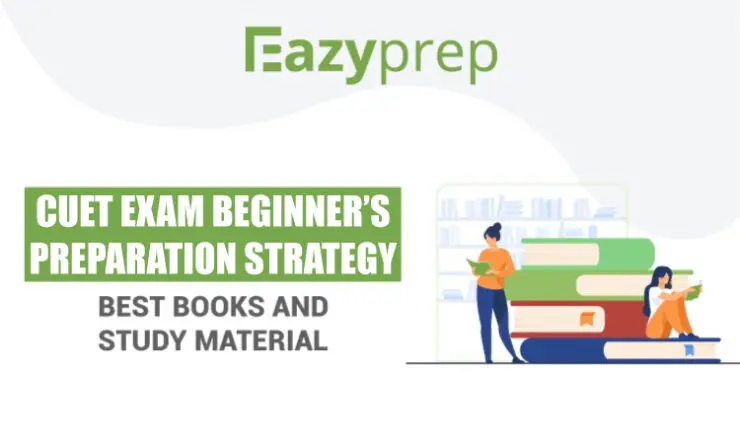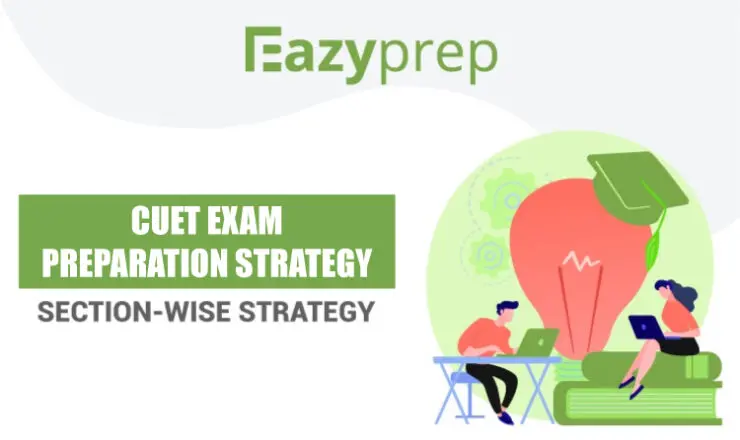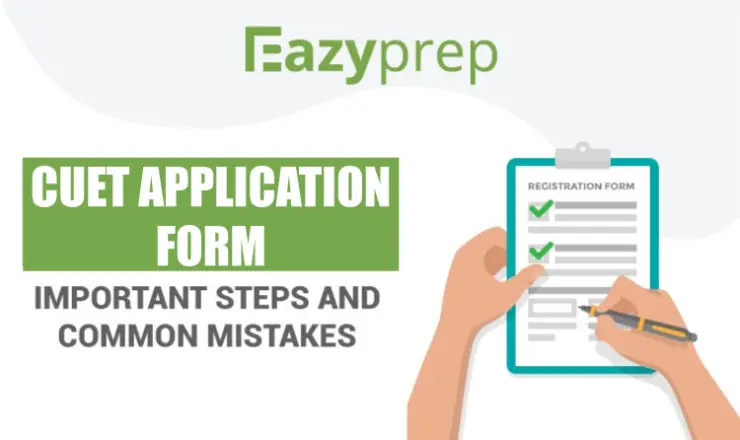![]()
The IIM Indore conducts the IPMAT or the Integrated Programme Management Test for a 5-year BA+MBA dual degree programme. It is a magnificent course for those who have a passion for studying and learning the nuances of the business. At the same time getting a degree from the prestigious IIM is great for your career growth. In this article, we are giving a comprehensive IPMAT Preparation Strategy to help you ace this coveted and prestigious exam.

Pattern of examination
The IPMAT exam pattern is given below:
- Mode: Online
- Time Duration: 90 minutes
- Sections: Quantitative aptitude and verbal ability
- Total Questions: 60
- Question Type: Objective (MCQs) and short answers
Detailed Structure:
| Section | Number of Questions | Time duration |
| Quantitative Aptitude (MCQ) | 20 | 30 mins |
| Quantitative Aptitude (Short Answers) | 10 | 30 mins |
| Verbal Ability (MCQ) | 30 | 30 mins |

Marking Scheme for MCQ type questions:
- Each correct answer will give you a score of +4 marks
- Each wrong answer will give you a score of -1 mark.
Don’t forget to check out the detailed IPMAT Pattern here.
Overall IPMAT Preparation Strategy
Understanding the pattern of examination is crucial but preparing for it is what you are looking for. Below are some of the strategies that can be followed to ace the entrance!
1. Understand the syllabus and pattern
The Aptitude test consists of questions testing your quantitative and verbal ability. So the key to ace the test is to:
- Practice questions more from the quants portion but of course, don’t forget to brush up the skills for verbal ability.
- Try to attempt all the short answer type questions as they don’t have negative marking.
2. Make a list of all the important topics
Some of the important topics are listed below
Quantitative :
Number System, Profit and loss, ratio and proportion, Data Interpretation, Time and Work, Simple and Compound Interest, Percentage, Average and Allegation, Functions, Limits and Continuity, Logarithm, Trigonometry, Probability, Permutation and Combination, Binomial Theorem, Calculus, Complex Numbers, Complex Numbers, Coordinate Geometry.
Verbal:
Reading Comprehension, Word Analogy, Vocabulary, Explicit and Implicit Inferences, Grammar, Word Meaning, Para Jumbles, Sentence Completion, Synonym and Antonym, Idioms/ Proverbs, Statements-Arguments, Homonyms.
For more information on the IPMAT syllabus, click here.
Once you have a list of important topics ready, do the following:
- Make sure that you practice more of the topics that you are not aware of. For example, if you have taken Mathematics in standard 12th, you will be well versed with the quantitative portion. Those who don’t have maths have to push in a little more and practice a little more!
- While focusing on topics which are your weak areas, don’t forget to also regularly practice your strong areas as well.

3. Practice and give mocks
The key to prepare for the IPMAT is to practice more questions and regularly analyse your performance as well. Where are you scoring more? Which are the areas where you make maximum mistakes? These are some questions you should know well. For those who are preparing on their own, this step is very crucial.
Section wise IPMAT Preparation Strategy
1. Quantitative Aptitude
This portion, as explained before, tests your mathematical skills. Here, there are two bifurcation of quantitative aptitude- one is MCQ based questions and the other is Short Answer type.
- Try to attempt all the short answer types as they have no negative marking.
- The MCQ has negative marking so try to attempt only if you are sure about it. If your maths is strong, attempt maximum questions from this section.
- Arithmetic and algebra are two areas that can be easily attempted, so try to prepare the well.
Booklist
- NCERT basic maths book
- RS Agarwal book on Quantitative Aptitude.
- S Chand Quantitative Aptitude
2. Verbal Aptitude
This section tests your vocabulary, reading and comprehension skills.
- Try to read newspapers and improve your vocabulary.
- You can attempt questions from any competitive books on verbal ability that consists of synonyms, antonyms, grammar, reading comprehension, etc.
Booklist
- Wren and Martin books
- RS Aggarwal Verbal Aptitude
- Pearson Reading comprehension
Some quick overall tips
- Try to complete your syllabus as soon as possible.
- Do not take up any new portion 1-3 days before the common test
- Try to read newspapers and make notes on various affairs
- Practice practice practice! And practice 😉
- Be confident and positive

I hope these strategies work well for you. All the very best for the IPMAT exam! Explore the detailed process of filling in the application form for the exam by clicking here.
Looking to give your IPMAT Preparation an unbeatable lead?


